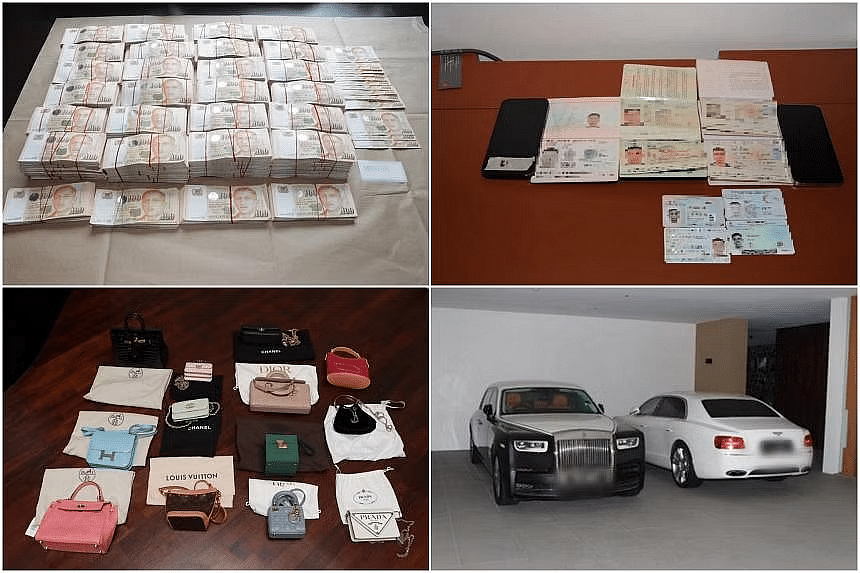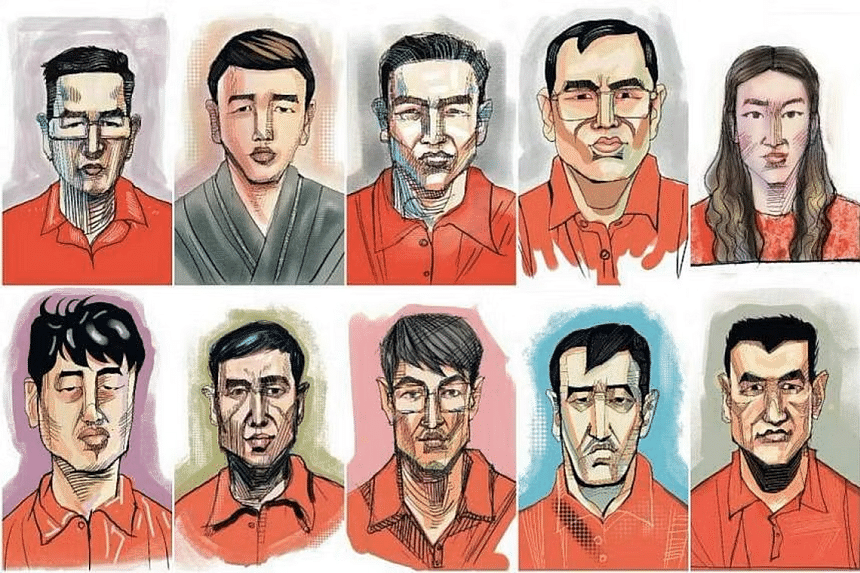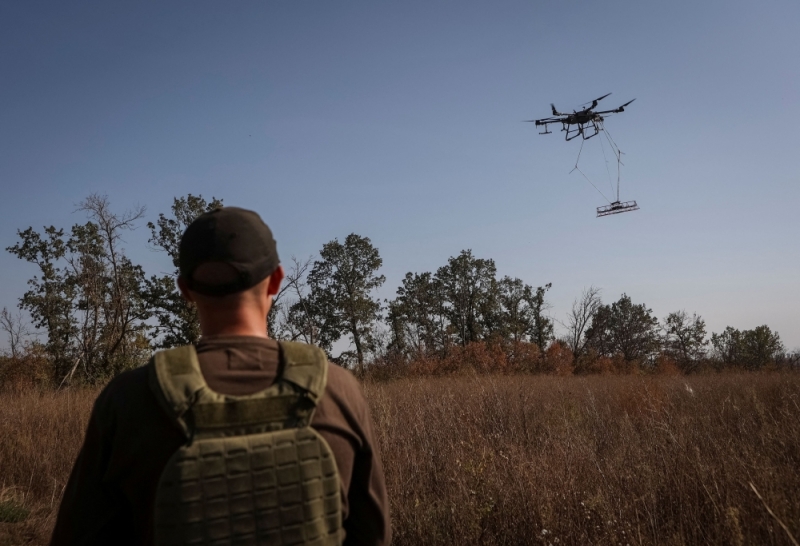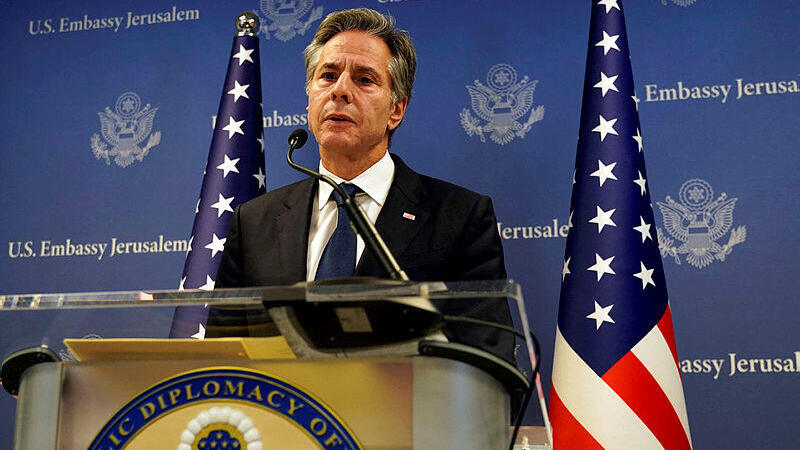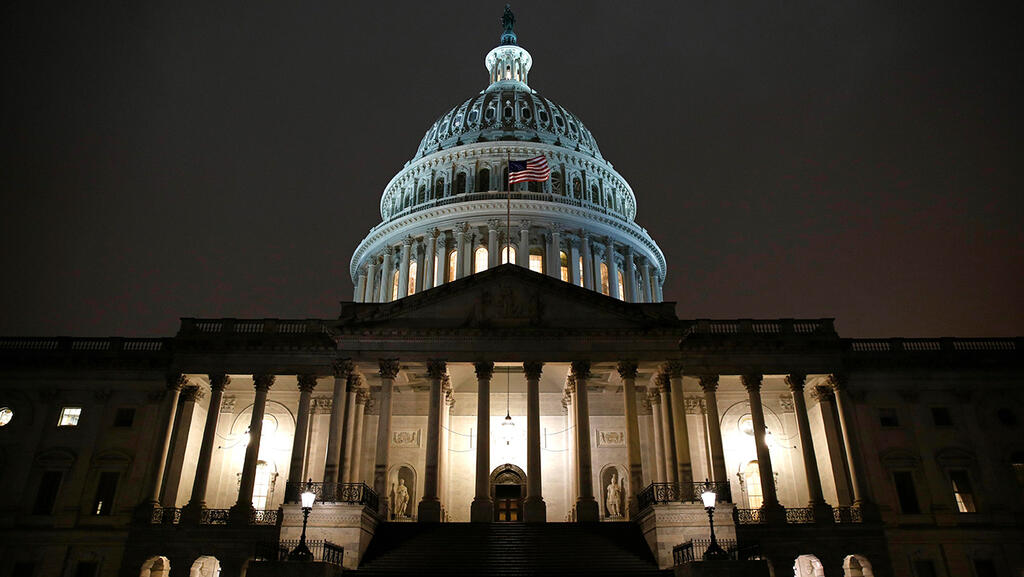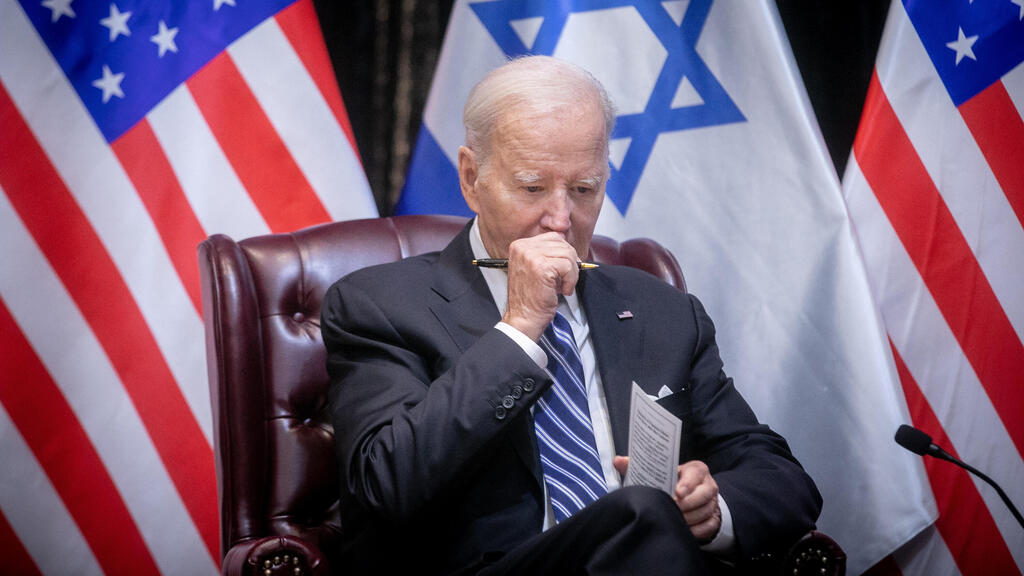Africa’s Three Waves Of Coups – OpEd

Nigeria's Chief of Defence Staff, General Chris Musa. Photo Credit: Nigerian Defence Headquarters, Wikipedia Commons
By Andrews Atta-Asamoah
The toppling of King Farouk in 1952 by the Egyptian army marked the beginning of military intervention to gain political power in Africa. Since then, there have been 100 successful coups in 35 countries. So, while the recent increase in coups is worrying, the phenomenon isn’t new.
Coups in Africa have not happened consistently over time, with surges connected to the state of governance in individual states. The triggers, actors and consequences vary from one overthrow to the next, and each surge has resulted in a tightening of regional and continental responses. These actions have often contained the threat until another wave builds.
As Africa reels from its third surge, intergovernmental bodies like the African Union (AU) and Economic Community of West African States (ECOWAS) rely on responses developed after previous waves. But how have coups evolved since 1952, and do policies need to evolve to prevent them?
There have been three major waves of coups in post-independence Africa. The first, between the 1960s and 1970s, saw the overthrow of liberation leaders whose political visions conflicted with the interests of major colonial powers. This was compounded by leaders’ failure to meet the aspirations of citizens. Given the Cold War superpower rivalry and the emergence of one-party states and dictatorships, a cocktail of issues inspired senior military officers to lead coups.
There is an undercurrent of tensions originating from the politicisation of the army and nepotism in its ranks
The takeovers were generally bloody and led to the death of 12 African leaders, extra-judicial killings and widespread human rights abuses, particularly in West Africa. Some coups were praised for truncating one-party statism and life-long presidencies. The first wave resulted in the earliest reordering of Africa’s post-independence political landscape.
The second wave from 1990 to 2001 followed the failure of 1980s African leaders, mostly military, to embrace democracy and meet citizens’ needs. Although similar in motivation to the first wave, these overthrows were led largely by mid-level military officers promising to address economic mismanagement.
Unlike before, these coups accounted for only 14% of leader deaths and featured fewer human rights abuses. Nevertheless, they threatened many African leaders as well as the democracy unfolding on the continent.
In response, regional and continental norms were tightened, resulting in the Algiers decision on unconstitutional changes of government and the 2000 Lomé Declaration. The former banned coup makers from attending Organisation of African Unity summits, and the latter took a zero-tolerance stance against coups. These measures, coupled with the spread of democracy, significantly reduced coup numbers, ending the second wave.
Unlike before, recent overthrows have been largely bloodless ‘smart coups’ carried out with restraint
Since 2021, the third wave – in Sudan, Mali, Guinea, Burkina Faso, Niger and Gabon – has differed from those in previous decades. Motivations included the manipulation of national constitutions for presidential term extensions, rigged elections, deteriorating security and a rising anti-colonial sentiment.
These issues have manifested differently across countries. The putschists in Niger were motivated by ‘the continuous deterioration of the security situation and bad social and economic management.’ In Guinea, the junta slammed Alpha Condé for ‘mismanagement, corruption and bad governance.’ While some coups, like those in Guinea and Gabon, were framed as attempts to restore democracy, the drivers are more complex and varied.
The Guinea, Niger and Gabon takeovers were all led by elite presidential guards, not the army. This feature of modern coups is linked to their occurrence in Francophone Africa, where presidential guards are often better armed and trained than the regular army. Their proximity to the president enables an overthrow, after which they lobby for the army’s involvement.
In Niger, expectations that soldiers would quell the coup faded when Army Chief of Staff Abdou Sidikou Issa announced the army’s support for the ousting of then-president Mohamed Bazoum. This reflects a dangerous undercurrent of tensions originating from the politicisation of the military and nepotism in its ranks.
Common primary drivers are governance deficits and political elites’ failure to meet citizen expectations
Unlike previous waves, recent overthrows have been largely bloodless ‘smart coups’ carried out with restraint. Deposed leaders have often been held for varied periods before being released due to international pressure. In Niger, the army’s fear of endangering the president’s life limited its role in quashing the coup, according to Sidikou Issa.
While the international dimension of previous coups centred around the hidden hands of external powers, recent takeovers have had an undertone of anti-imperialist sentiment, mostly against France. In Mali, this resulted in the expulsion of French troops and similar agitations in Niger. At the same time, foreign military elements – such as the Wagner Group – were used to secure the country after coups in Mali and Burkina Faso, with similar expectations in Niger.
Coup makers have resisted regional and continental norms against unconstitutional changes in government and, in Niger, have shunned engagements with ECOWAS. The ‘coup alliance’ between Gabon, Niger and Burkina Faso is also important. After the Niger putsch, Burkina Faso, Guinea and Mali pledged support for the junta and threatened retaliation against proposed military intervention by ECOWAS.
While these dynamics distinguish contemporary coups from their predecessors, common primary drivers are governance deficits and political elites’ failure to deliver on their citizens’ expectations. So, although the third wave includes coups of a different kind, they are essentially different shades of the same threat.
The AU Peace and Security Council (PSC) should advocate a comprehensive review of existing frameworks to counter military overthrows and other unconstitutional changes in government. First would be the Lomé Declaration, then the African Charter on Democracy, Elections and Governance.
A multifaceted approach is needed that tackles the immediate challenges posed by coups and the underlying governance issues that fuel them. The PSC’s inconsistencies and selective application of continental norms in managing coups should be addressed, as these undermine the AU’s moral authority in responding to events.
Establishing the PSC sanctions committee is a priority that would demonstrate political will against coups. This would also strengthen the AU’s efforts to monitor suspended countries.
About the author: Andrews Atta-Asamoah, Head, Africa Peace and Security Governance, ISS Addis Ababa
Source: This article was published by ISS Today and was first published in ISS’ PSC Report.

The Institute for Security Studies (ISS) partners to build knowledge and skills that secure Africa’s future. Our goal is to enhance human security as a means to achieve sustainable peace and prosperity. The ISS is an African non-profit organisation with offices in South Africa, Kenya, Ethiopia and Senegal.

